
Bahá'í Faith
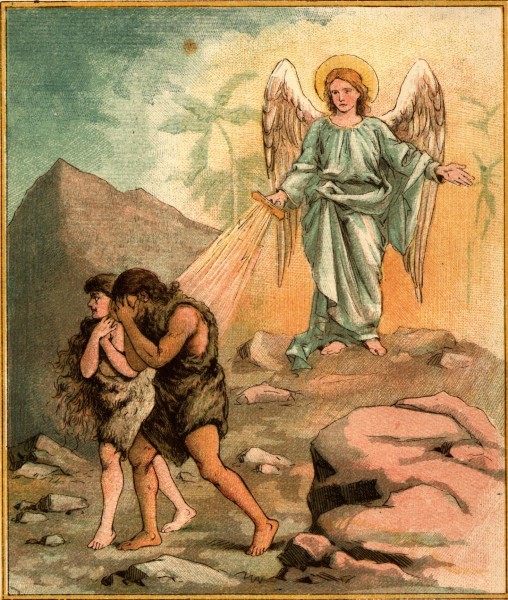
CONSERVATIVE CHRISTIAN-PROTESTANT
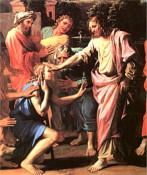
CHRISTIAN SCIENCE
(Church of Christ, Scientist)
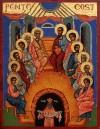
EASTERN ORTHODOX

HINDUISM

ISLAM

JAINISM

JEHOVAH'S WITNESS
(Watchtower Bible and Tract Society)

LIBERAL CHRISTIAN/PROTESTANT

LIBERAL QUAKER
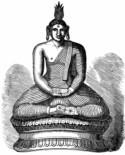
MAHAYANA BUDDHISM
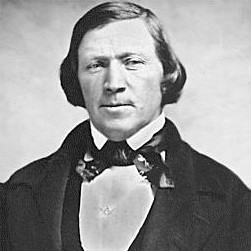
MORMON
Church of Jesus Christ of Latter-Day Saints

NEW AGE SPIRITUALITY
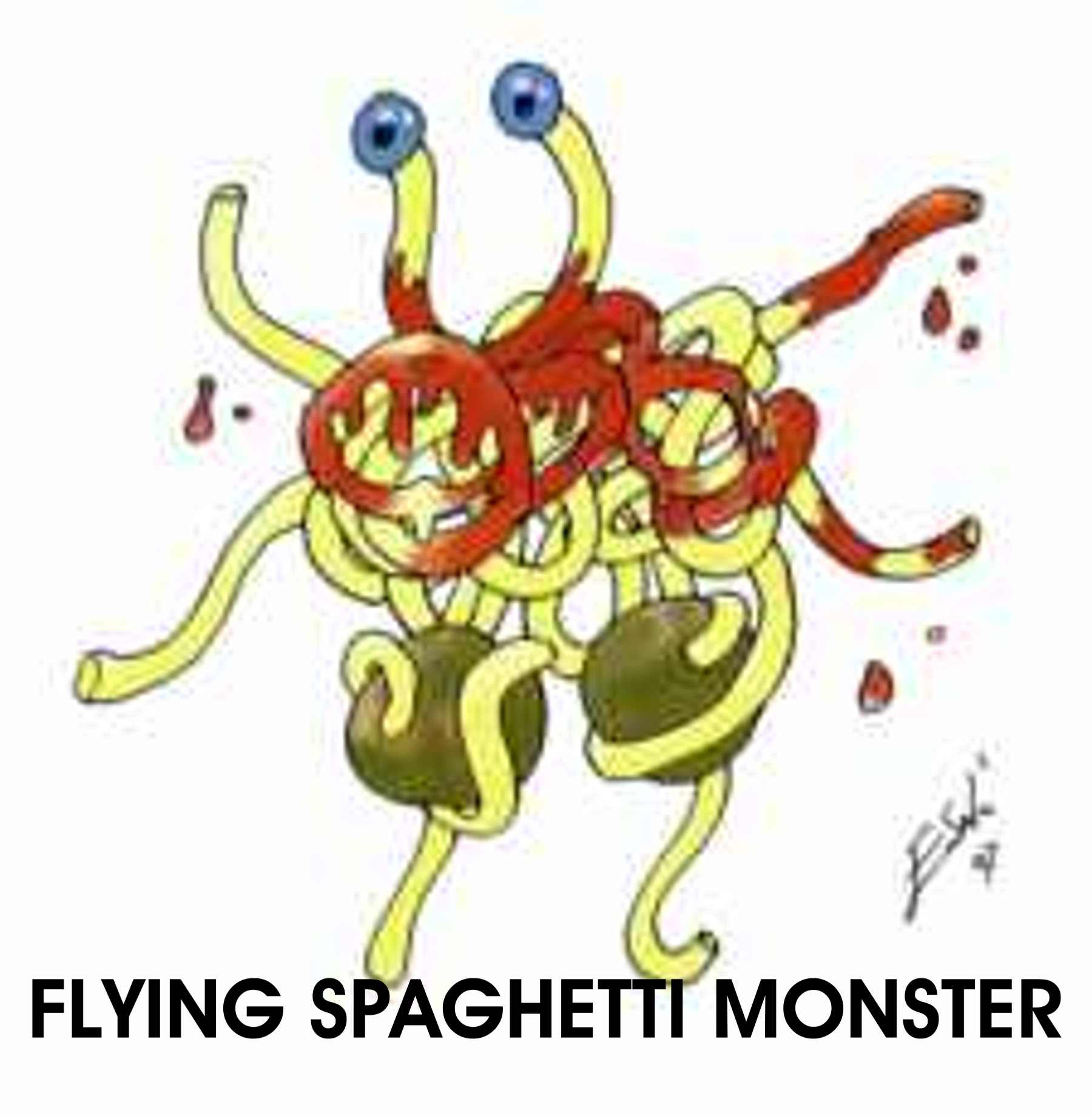
NON-THEIST
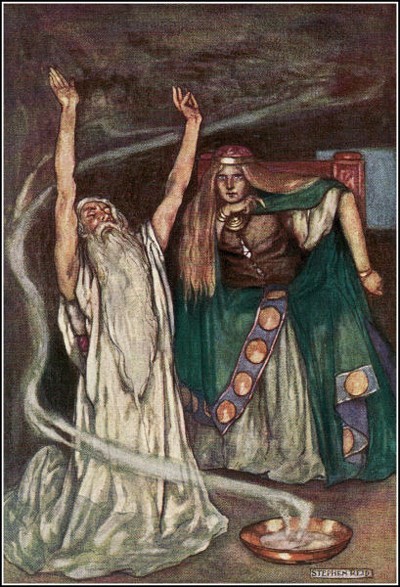
NEO-PAGAN

NEW THOUGHT

ORTHODOX JUDAISM

ORTHODOX QUAKER

ROMAN CATHOLIC

REFORM JUDAISM

SCIENTOLOGY

SEVENTH DAY ADVENTIST

SECULAR HUMANIST

SIKHISM

TAOISM, or DAOISM

THERAVADA BUDDHISM

UNITARIAN UNIVERSALIST